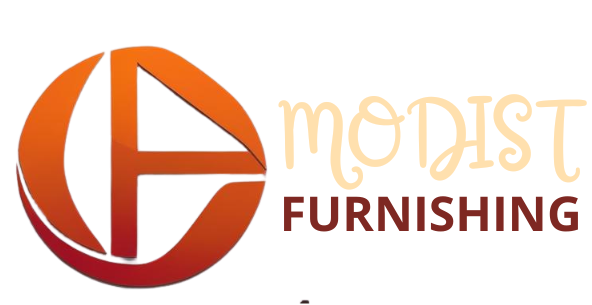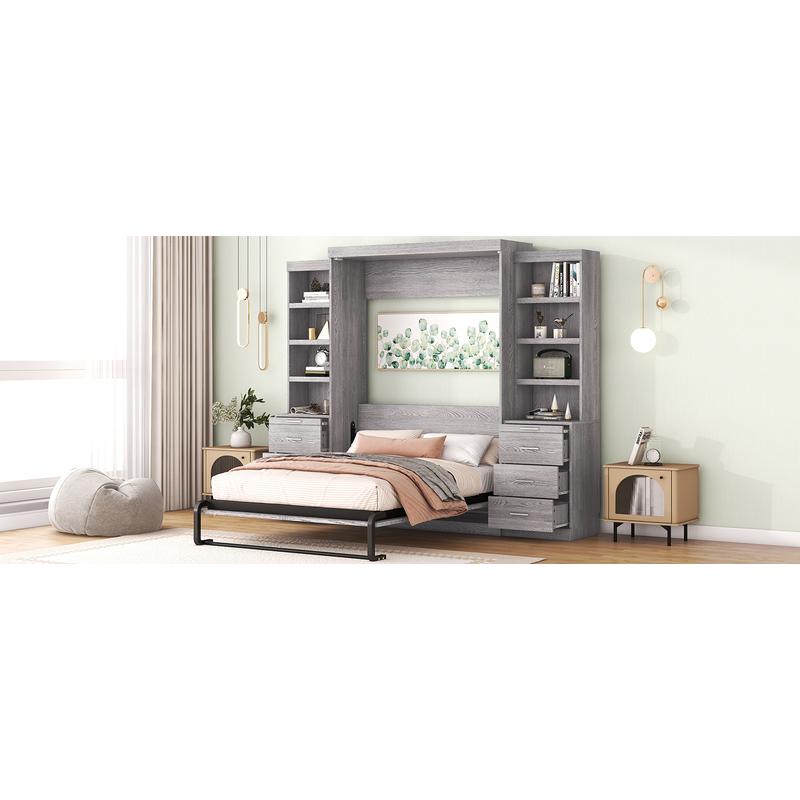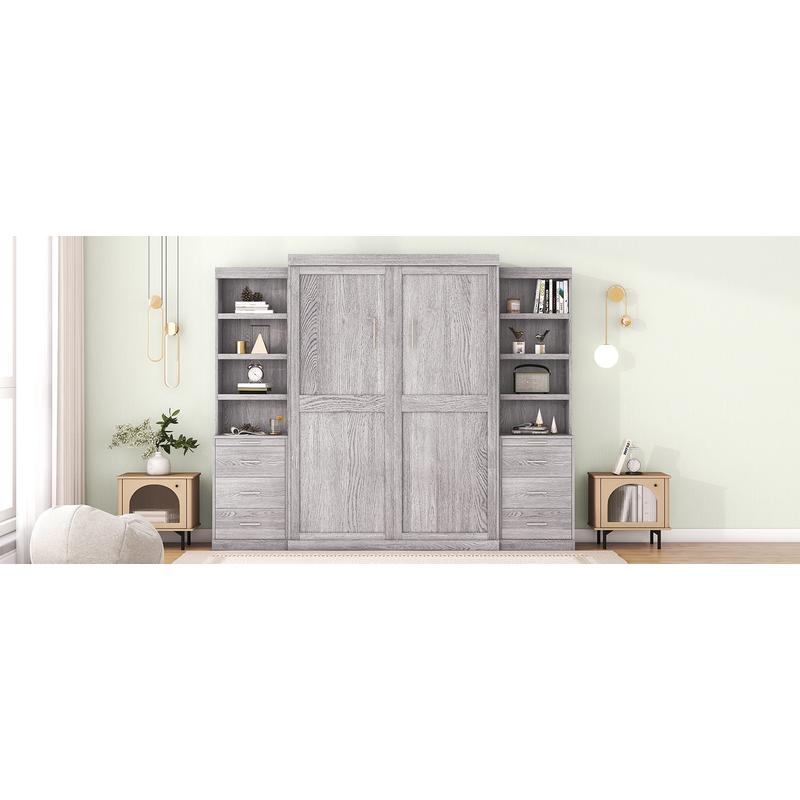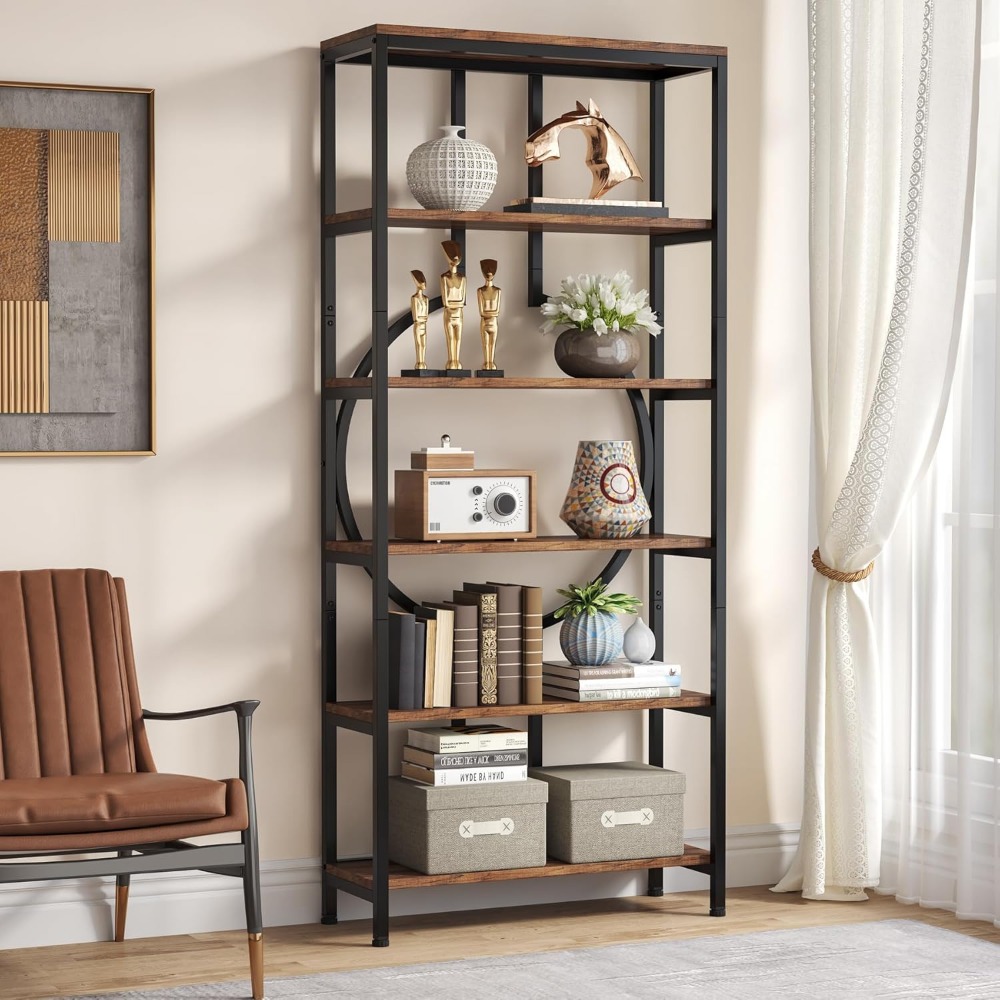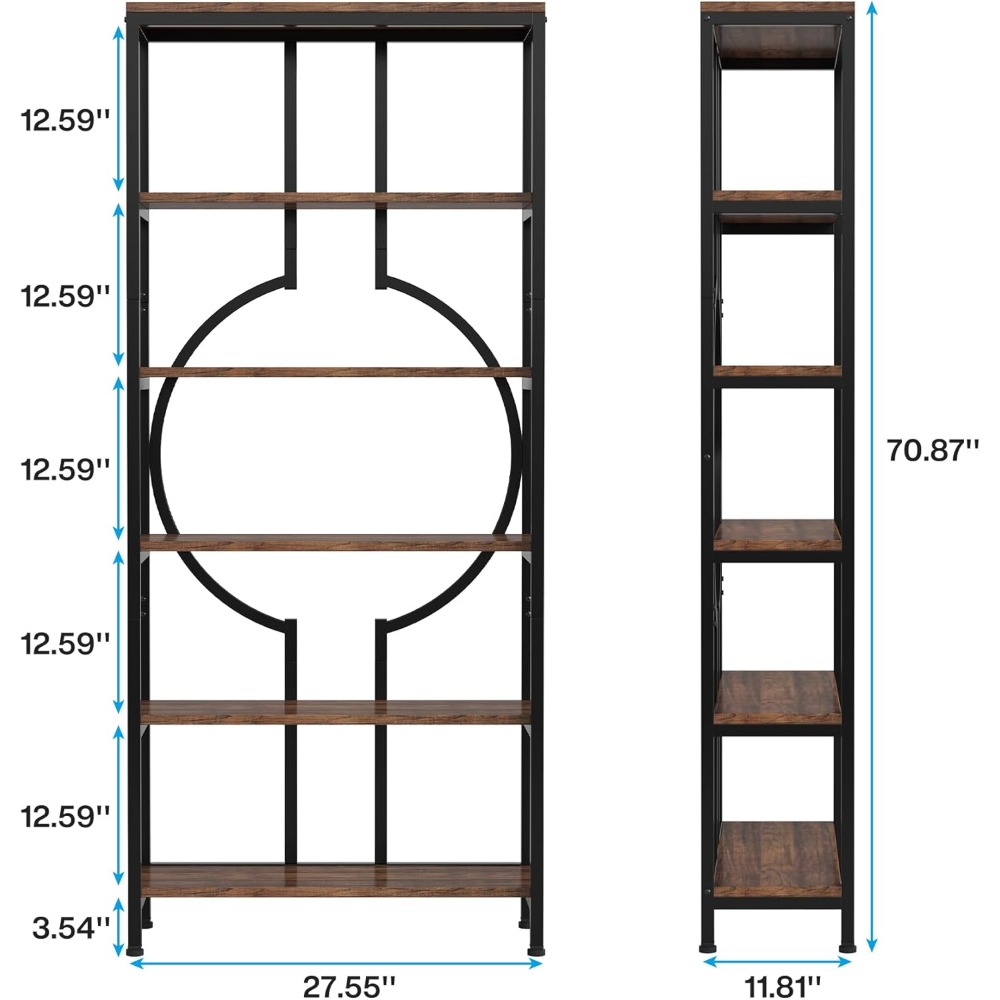Wood bookcases
Wood bookcases bring warmth, style, and function to any room. Whether you’re furnishing a cozy home library, a modern home office, or a tidy hallway, a well-chosen bookcase is essential. This guide will help you navigate the different types, materials, styles, and features available in today’s market. Let’s explore everything you need to know before buying your next wood bookcase.
Why Choose Wood Bookcases?
Wood bookcases offer timeless beauty and durability. Solid-wood and engineered wood options provide lasting support for books, decorative items, or storage bins. Unlike metal shelving or plastic racks, wood brings character to a room.
Whether it’s a sleek espresso finish or a distressed reclaimed wood style, a wooden bookshelf complements any interior. With finishes ranging from pure-white to dark-wood tones like walnut or mahogany, there’s a wood bookcase for every décor.
Types of Wood Bookcases
Tall Bookcases
Tall bookcases use vertical space efficiently. These are ideal for small-space areas, home-offices, or entryways. They typically feature adjustable shelves and provide ample room for books, vases, or storage baskets.
Ladder Bookcases
Ladder bookcases lean against the wall, giving a modern, airy touch to your décor. They are perfect for displaying decorative items, collectibles, or plants. Lightweight and stylish, they’re easy to move and reposition.
Corner Bookcases
Corner shelves are space-saving solutions that turn unused nooks into functional storage. Great for organizing books, knick-knacks, or towels in tight spaces. Many are stackable and can include drawers or cabinets.
Cube Storage Bookcases
Cube shelves are modular shelving units, often used in kids’ rooms or living rooms. They allow for easy compartmentalization and can house bins, books, or folded linens. Many are stackable for flexible configurations.
Wall-Mounted Bookshelves
Floating wall shelves or bracket-mounted units offer minimalist design. These work well for open storage in bedrooms, hallways, or bathrooms. A floating shelf or two can keep your essentials handy without cluttering the floor.
Materials Matter: Solid Wood vs. Engineered Wood
Solid Wood
Solid-wood bookcases offer strength and longevity. Perfect for heavy books or home libraries. Popular wood types include birch, oak, walnut, and mahogany. Stained or natural, these shelving systems add richness to your space.
Engineered Wood
Engineered wood, like MDF or particle-board with laminate or veneer finishes, provides a budget-friendly alternative. They’re lightweight, easier to assemble, and great for temporary or rental spaces.
Look for durable finishes like espresso, weathered gray, or cappuccino for a stylish touch.
Key Features to Consider
Adjustable Shelving
Shelving units with adjustable shelves provide flexibility. Rearrange them to accommodate larger books, vases, or baskets. This feature is essential for evolving storage needs.
Cabinets and Drawers
Want hidden storage? Choose a bookcase with doors, drawers, or a storage cabinet base. These are great for hiding office supplies, towels, or linens. A closed-back cabinet also prevents items from falling.
Display Shelf Options
If you love decorating, open shelving is a must. Display shelves showcase artwork, pottery, or books. Try mixing display cabinets with open-shelf designs for a balanced look.
Assembled vs. Ready-to-Assemble
Fully assembled units save time but can be harder to transport. Easy-to-assemble bookcases come flat-packed with bolts and instructions. Make sure to check assembly needs before buying.
Finding the Right Size
Measure your space before choosing a shelving unit. Consider both height and depth. A tall bookcase with a narrow profile works well behind a sofa or next to a console-table. A wider bookshelf fits nicely along a hallway or behind a bed.
Pro tip: Leave a few inches between the wall and shelf for cords or lighting.
Styling Your Wood Bookcase
Here’s how to make your bookcase both functional and decorative:
- Books: Stack vertically and horizontally for visual interest.
- Decorative Items: Add planters, vases, or collectibles.
- Bins and Baskets: Tuck away small items like cords, remotes, or toys.
- Floating Shelves: Combine a wall shelf above a freestanding unit for layered display.
- Mirrors and Wall Art: Hang items around your bookshelf to create a feature wall.
Add rugs or poufs nearby for a cozy reading nook.
Where to Place Your Bookcase
Living Room
Store books, board games, or decorative bowls. Choose dark-wood finishes to create a cozy feel.
Bedroom
Use bookcases as room-dividers, bedside organizers, or storage for bedding and pillows. Match with headboards or dressers for a cohesive look.
Home Office
Organize your documents, office supplies, and hardware. Add a bookshelf next to your desk or wall shelving above it.
Entryway
Use a low-profile bookcase with hooks and compartments. Keep shoes, coats, or umbrellas neatly stored.
Tips for Maintenance
- Dust regularly using a dry cloth.
- Avoid damp cloths on laminated or particle-board surfaces.
- Use shelf brackets to secure tall bookcases to the wall.
- Wipe spills immediately to avoid warping or stains.
- Avoid direct sunlight to preserve finishes and veneers.
Budget and Options
You don’t have to spend a fortune. Look for:
- Affordable MDF or laminated shelf units.
- Recycled or reclaimed wood options.
- Seasonal sales or discounts from your local store.
Many stylish bookshelves are available under budget, with options for white bookcases, espresso finish, or minimalist Scandinavian design.
Mixing and Matching Furniture
Coordinate your bookcase with other wood furnishings like:
- Benches
- Coffee tables
- Sofas
- Sideboards
- Storage towers
- Ottomans
Stick to similar wood tones or contrasting shades for a dynamic look.
Frequently Asked Questions
What’s the difference between a bookcase and a bookshelf?
A bookcase is a freestanding furniture piece. A bookshelf usually refers to wall-mounted shelves. Both are excellent for storage and display.
Can I install a wall shelf above a bookcase?
Absolutely. Floating shelves or a hanging shelf add vertical storage. Use for lightweight items or décor.
Are wood bookcases easy to assemble?
Many models are easy-to-assemble. They come with all necessary hardware. Follow the instructions and use a level for even shelves.
Can I use a wooden bookshelf in the bathroom?
Yes, if it’s properly treated. Choose finished or lacquered wood. Store towels, baskets, or bathroom supplies on open shelves.
Final Thoughts
A wood bookcase is more than just storage—it’s a decorative piece, a functional shelf, and a personal statement. Whether you prefer modern floating shelves, rustic reclaimed wood, or classic oak cabinets, there’s a wood bookshelf that fits your needs.
From storing your book collection to displaying your favorite decorative items, wooden shelves can transform your room and reflect your style. Use this guide to find a durable, beautiful, and versatile shelving solution that enhances your home.
Showing all 2 results
-
Bookshelf Murphy Bed: The Ultimate Space-Saving Bedroom Solution
Space-saving and stylish bookshelf Murphy bed with built-in storage and modern design. $3,563.18Select options This product has multiple variants. The options may be chosen on the product page -
Solid Wood Bookcase – Timeless Design, Practical Storage
Elegant and durable solid wood bookcase for timeless storage and stylish home organization. $212.26Select options This product has multiple variants. The options may be chosen on the product page
